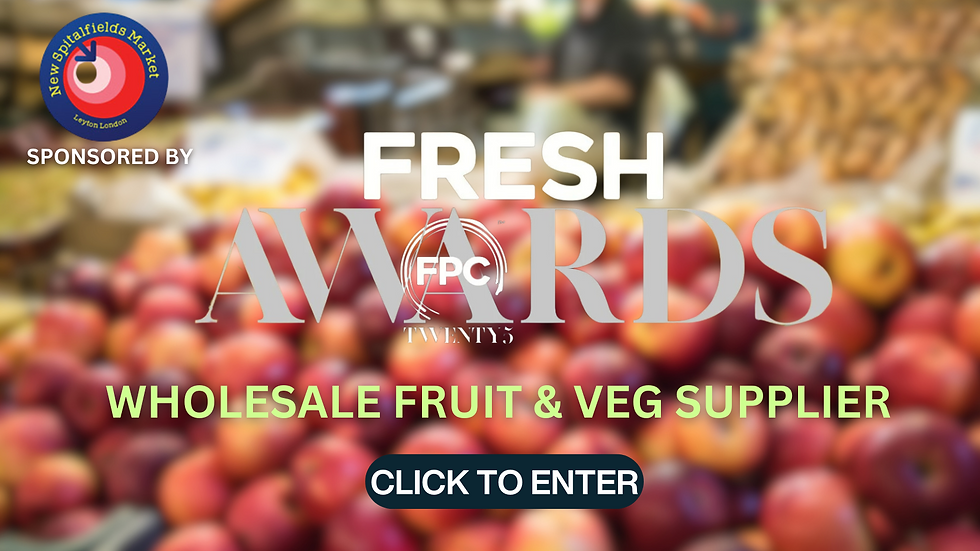The Rise of Ultra-Processed Toddler Snacks: A Growing Health Concern
- Sarah-Jayne Gratton

- Mar 17
- 2 min read
The consumption of ultra-processed foods (UPFs) among infants and toddlers has surged in recent years, with these products now forming a significant portion of the baby food market.

Marketed as convenient and time-saving, these snacks include pouches, biscuits, sticks, and powders designed to simplify feeding for busy parents. However, experts are increasingly concerned about the impact of these foods on children's health.
The Appeal of Convenience
For many parents, the ease of ready-made toddler snacks is undeniable. With busy schedules and the pressure to provide quick, mess-free options, ultra-processed baby foods seem like a practical choice. Yet, some nutritionists warn that while these products may be convenient, they often lack the essential nutrients that young children need to thrive.
The Health Risks
Many UPFs are high in salt, sugar, and unhealthy fats while being low in proteins, vitamins, and minerals. This imbalance can contribute to long-term health issues such as obesity, type 2 diabetes, and cardiovascular disease. Research has shown that British toddlers are consuming more of these processed foods than ever before, raising concerns about their future well-being.
The Role of Industry
Food companies play a significant role in the growing popularity of UPFs for young children. Their marketing strategies position these snacks as a standard part of early childhood nutrition, creating the perception that they are an essential part of a toddler's diet. Nutrition experts argue that this normalisation of processed foods could lead to unhealthy eating habits from an early age.
A Return to Natural Foods
Many health professionals advocate for a shift towards natural, minimally processed foods for young children. Simple snacks such as steamed vegetables, ripe bananas, mild cheese, and plain yoghurt provide essential nutrients without unnecessary additives. Home-prepared options like sweet potato wedges and baby frittatas offer both nutritional value and variety, helping children develop a taste for whole foods from an early age.
Supporting Parents with Better Choices
Educating parents about the risks associated with ultra-processed foods is key to encouraging healthier choices. Experts recommend reading labels carefully, looking for whole ingredients, and adopting a balanced approach that prioritises fresh, unprocessed foods. Some dietitians suggest an 80/20 rule—where 80% of a child’s diet consists of whole, natural foods and the remaining 20% allows for occasional processed items.
The Need for Stronger Regulations
There is growing pressure on policymakers to introduce stricter regulations on the production and marketing of toddler snacks. Calls for clearer labelling, reduced sugar and salt content, and restrictions on misleading advertising are increasing. Some health advocates have even suggested taxation on certain ultra-processed baby foods to discourage excessive consumption, similar to measures taken against unhealthy products in other sectors.
The Way Forward
The rapid rise of ultra-processed toddler snacks presents a serious public health concern. While convenience remains a priority for many families, it is essential to balance this with nutritional quality. By promoting whole foods, increasing awareness among parents, and pushing for better industry regulations, society can work towards a healthier future for the next generation.






Comments